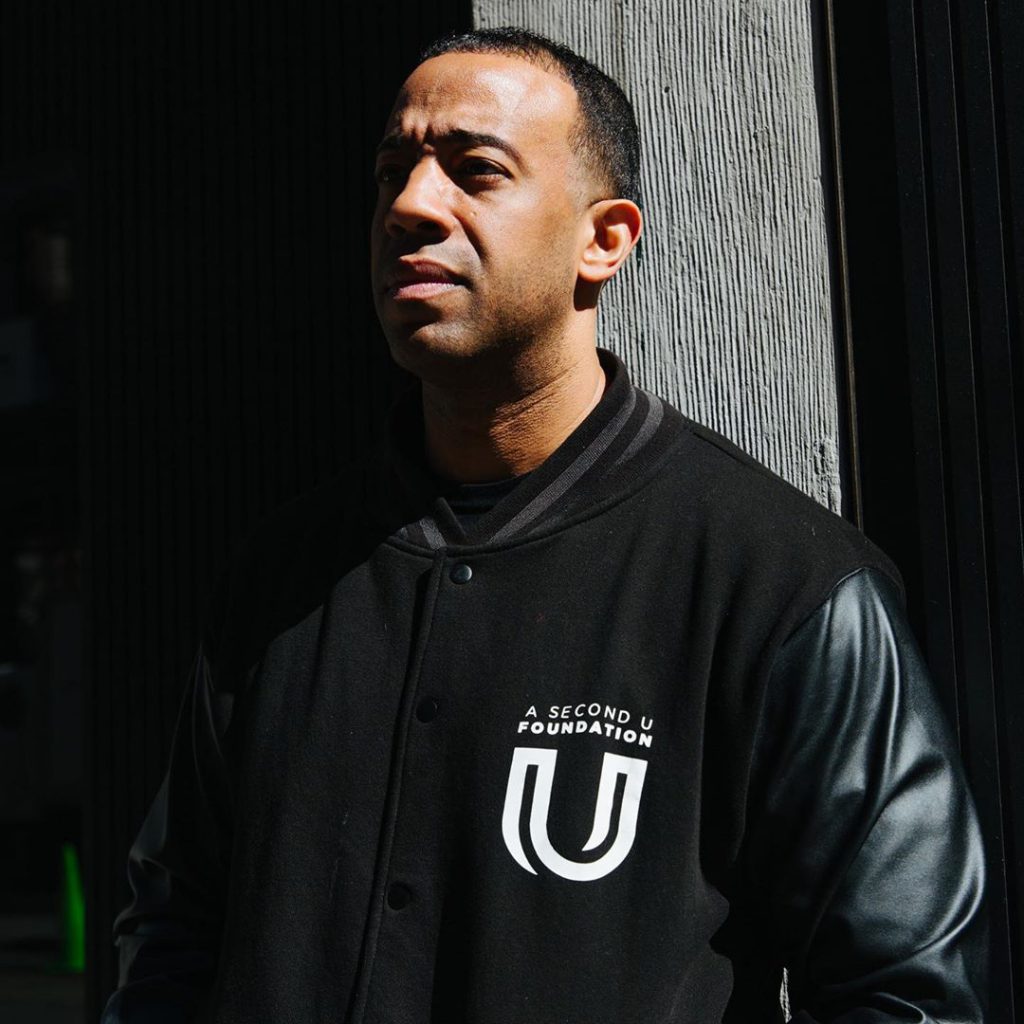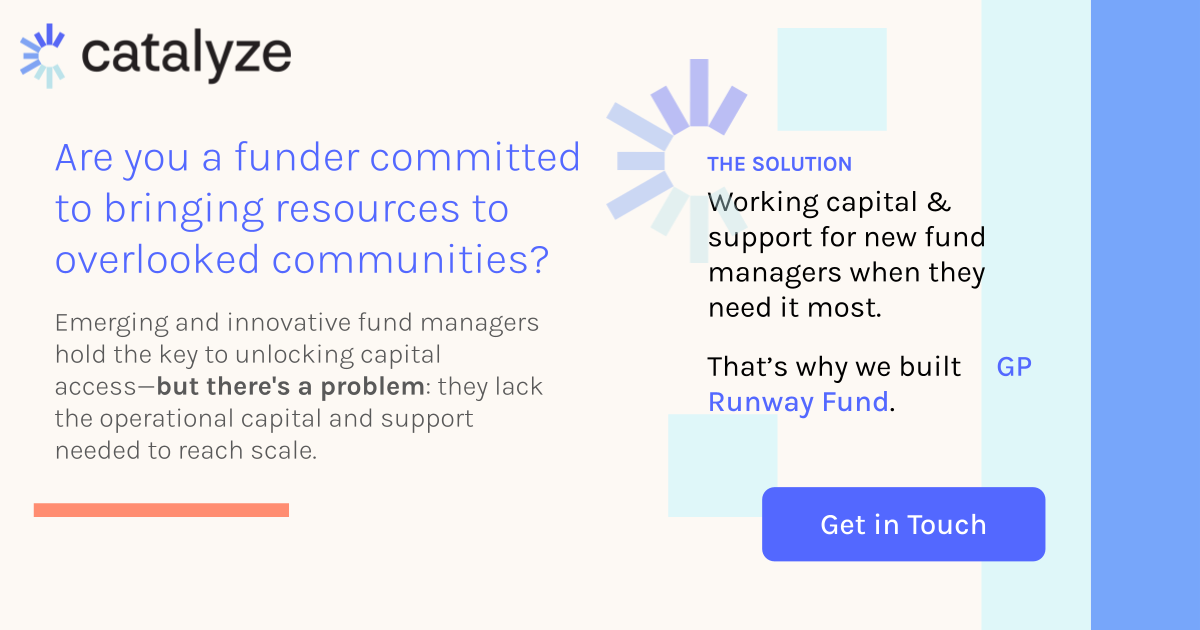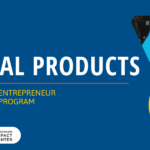Meet Hector Guadalupe, Founder & Executive Director of A Second U, a three-year-old nonprofit organization run out of Complete Body gym in New York City’s Flatiron District that turns non-violent-offender ex-cons into employed, personal trainers.
Through empowerment, opportunity, and community, A Second U seeks to eliminate recidivism by equipping and supporting previously incarcerated individuals to re-enter society and the workforce. To date, 137 trainers have completed the A Second U training program; 93 percent are currently employed — and 0 percent have reoffended.
We caught up with Guadalupe to learn about the inception of A Second U, the organization’s values, his advice to other social entrepreneurs, and more.

I’m interested in the inspiration behind A Second U Foundation. What is its birth story?
Hector Guadalupe: I spent 10 years in federal prison. I came home with a passion for fitness, in shape, and hungry for work. I also came home to a lot of closed doors, people not wanting to give me a chance. But, I persevered, and I built a successful personal training business. I decided to help people who came from the same situation as myself, who needed an open door. That was the inception of A Second U Foundation. My entire program is based exactly on how I became successful on my own.
A Second U Foundation works to make sure that people coming home are not defined by their sentence, or their charge, but given the tools needed to be successful. We offer skills and guidance while providing a community to support them as they create careers for themselves and they rebuild their lives. We have gotten 137 men and women jobs, and have been glad to celebrate each and every one. We are proud to be a part of their process.
What are your values at A Second U Foundation?
HG: Integrity: We operate from a place of integrity and transparency, which supports in building consistency, and strengthens commitment.
Teamwork: Working as a team is at our core. We create a culture of community and unity among ourselves and actualize the collective strength of team.
Empowerment: We empower through skills that lead to successful, long lasting careers.
Tenacity: We passionately put in the work to recruit, educate, and employ while working to eliminate recidivism.
Results: We believe in productivity through the proper execution that demonstrates results.
What does “conscious leadership” mean to you?
HG: Conscious leadership is understanding that things are bigger than you — it’s bigger than just what you need— and asking, “How does one inspire other leaders to think the same?”
Do you have any best practices to help yourself become and embody conscious leadership?
HG: Meditation, a corporate coach (therapy), and having a strong belief system have helped me.
What is the most important thing in your life right now?
HG: Creating organizations that are providing leadership training and employment for people from underserved communities and that are formerly incarcerated.
What is the largest challenge that you’re facing right now?
HG: One of our biggest challenges is educating corporations, and providing exposure to people outside their own community, to create consciousness within their corporate culture with hopes they create better hiring practices for those in need of a second chances.
What is giving you hope for the future?
HG: What gives me hope for the future is looking at all these people who are formerly incarcerated being happy being employed and not going back, but looking forward to their futures.
Top 3 lessons for social entrepreneurs?
HG: 1. Be resourceful and know that you can’t do it all on their own; ask for help from people who can help you accomplish your mission.
2. This is not easy work, but no matter what, do not stop until your mission is accomplished.
3. Don’t take no for an answer.






